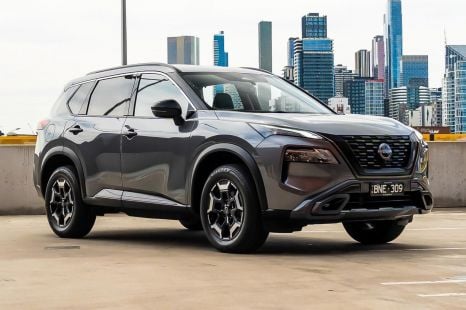

William Stopford
2026 Nissan X-Trail review
10 Minutes Ago
The Volkswagen brand's electric vehicle range will be topped by a large crossover and a flagship sedan with Level 4 autonomous driving technology.

News Editor
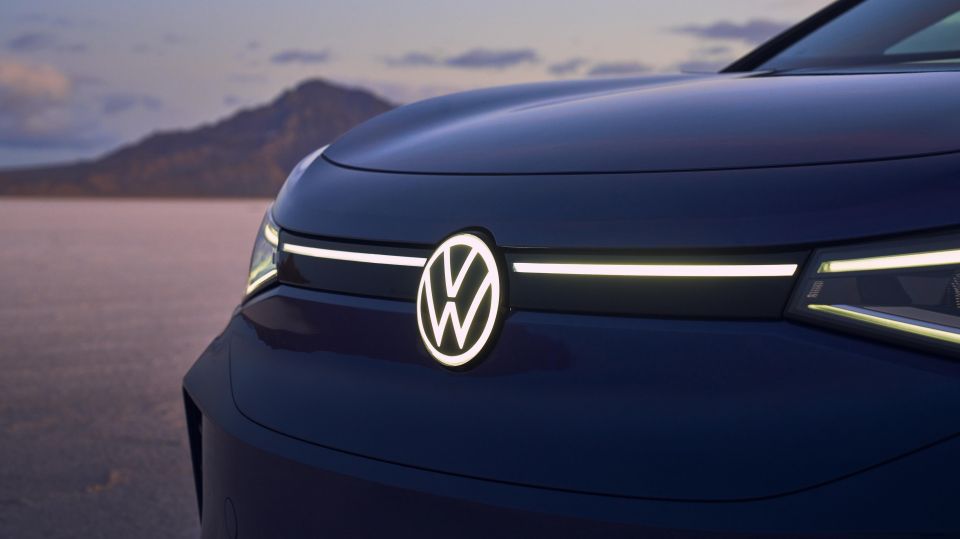

News Editor
The Volkswagen brand will soon have a full line-up of electric vehicles, topped with a flagship featuring Level 4 autonomous driving technology.
Volkswagen Group CEO Herbert Diess said the brand will cover “all relevant global segments”.
Mr Diess also confirmed the Volkswagen brand will introduce an ID.8 all-electric crossover, which will be sized similarly to the Volkswagen Atlas/Teramont sold in markets like North America and China.
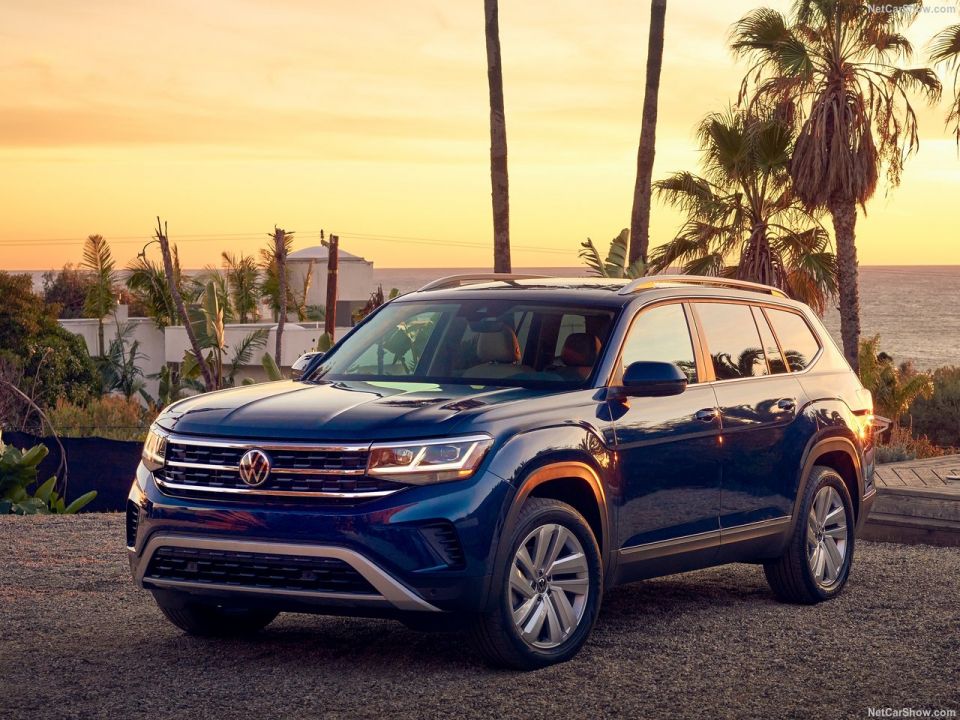
The Atlas/Teramont measures 5040mm long and 1990mm in its largest, three-row body style.
That puts it within millimetres of large crossovers like the Mazda CX-9, and longer and wider than the Touareg.
Volkswagen’s electric spiritual successor to the Kombi looks set to wear the ID. Buzz nameplate, breaking with the numbering system.
These are in addition to the Golf-sized ID.3 and the Tiguan-sized crossover ID.4 wagon and ID.5 coupe.
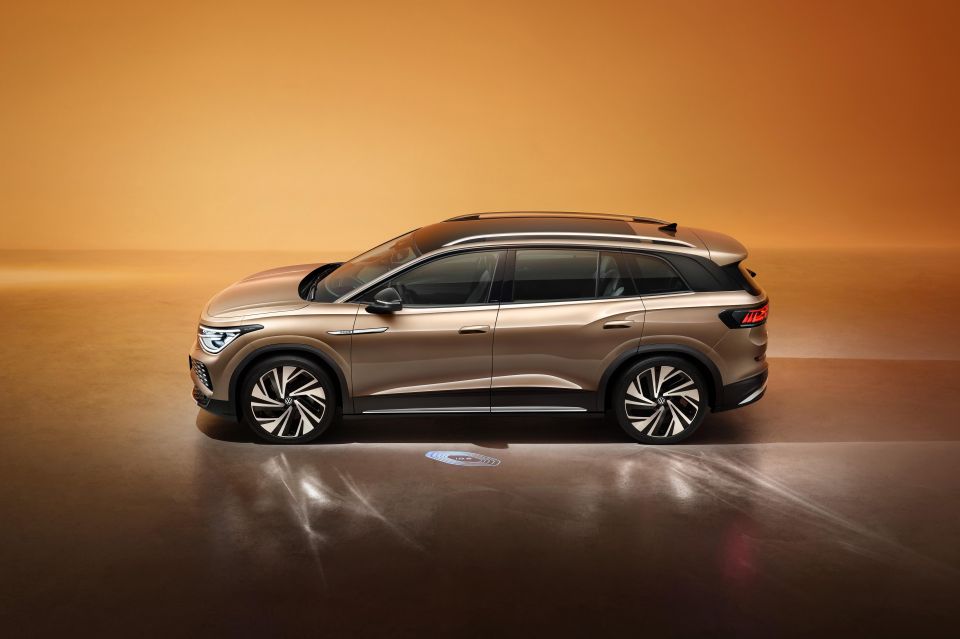
Mr Diess also mentioned an upcoming ID.6 he said corresponds with the Passat in the brand’s internal-combustion engine line-up.
However, the transcript includes the footnote that this is not for sale in Europe.
Volkswagen revealed a three-row electric crossover called the ID.6 for the Chinese market earlier this year, though there have been reports the company was also working on a sedan and wagon model based on the ID. Vizzion and ID. Space Vizzion concepts.
It’s unclear whether the ID.6 name will also be used for the sedan and wagon or if development of these has been shelved. While car sales have been declining, the Passat wagon still sells well in Europe and there’s still a market for large sedans in China.
Notably, Mr Diess’ list is missing any mention of an ID.7.
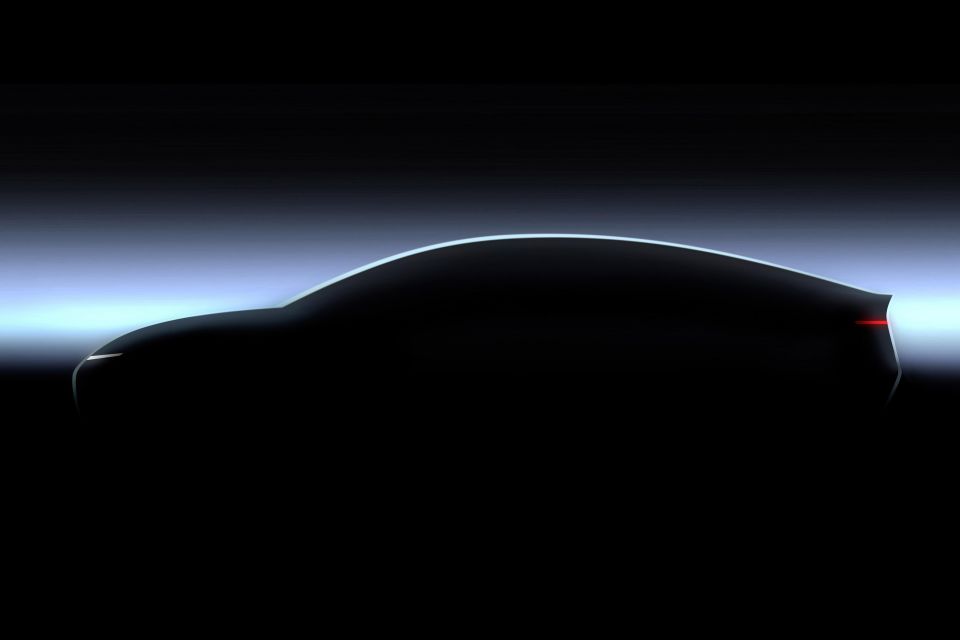
Volkswagen will offer a new electric flagship sedan, codenamed Trinity, which it’s teased in silhouette.
It’s set to enter production in Wolfsburg, Germany in 2026.
It’ll offer Level 2+ autonomous driving technology at launch but has been engineered to be Level 4 capable.
Mr Diess says with Trinity, it’ll bring technology from Audi’s Project Artemis into the volume segment.
According to Volkswagen brand head Ralf Brandstätter, Project Trinity will feature a “highly efficient flat seat concept with an iconic design”. He referred to it as a “lighthouse project, a software dream car”.
Another fruit from Project Artemis could be a new Audi flagship, possibly wearing the A9 e-tron nameplate.
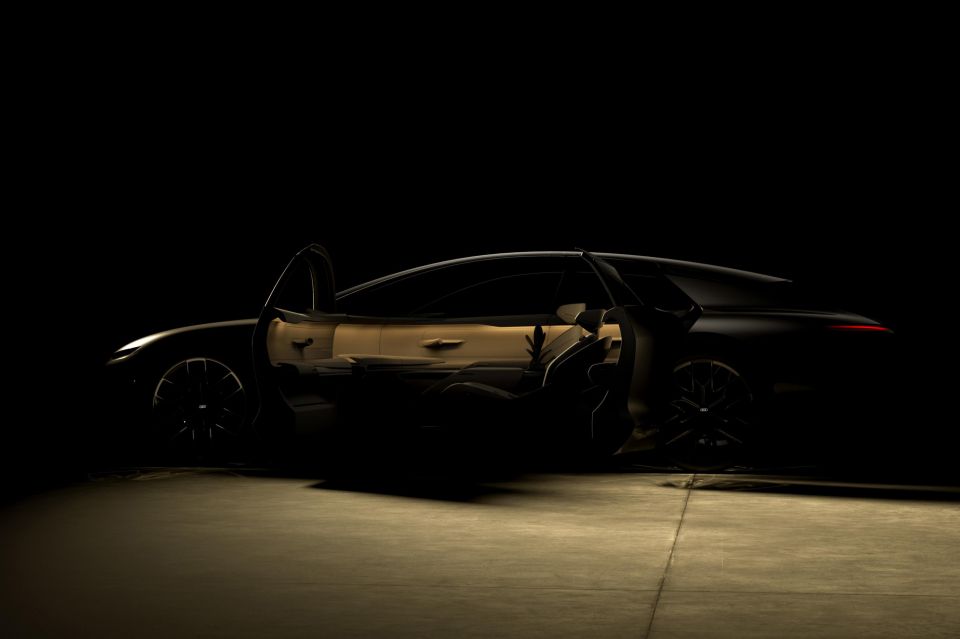
Audi has teased a concept it says previews this flagship, due in 2025, called the Grand Sphere.
Under the skin Project Trinity will ride on a new “state-of-the-art flat-panel electrical platform”, likely the new Scalable Systems Platform (SSP).
All current and planned ID. models, in contrast, use Volkswagen’s MEB all-electric architecture.
Volkswagen is aiming for the Trinity to be chargeable in as little time as it takes to refuel an internal combustion engine car.
It’ll be produced in only a few variants, with “largely standardised” hardware. Buyers will then be able to activate features on demand, with Volkswagen aiming to “[create] the conditions for new, data-based business models”.
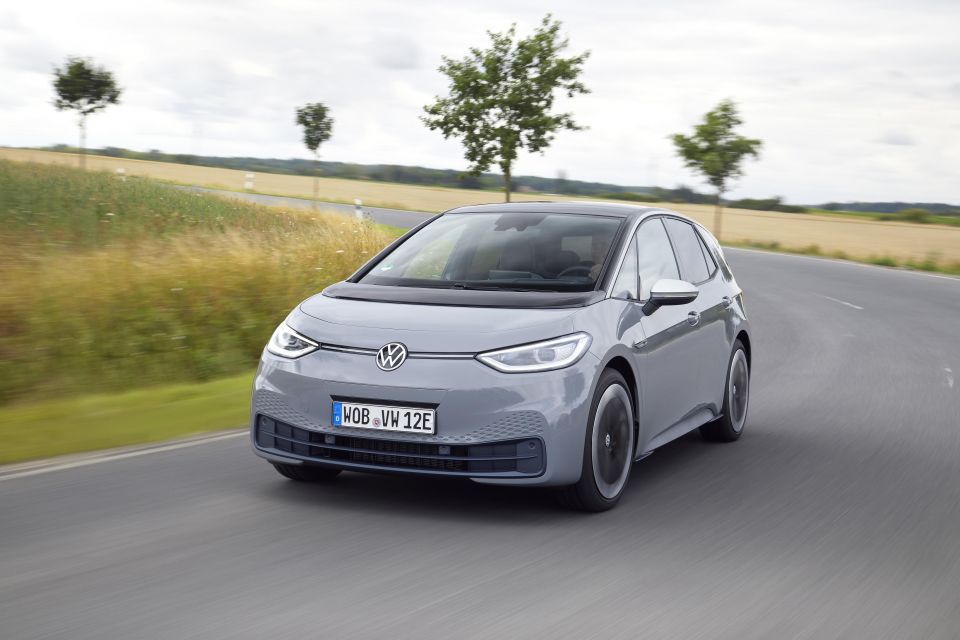
The brand is also reportedly working on ID.1 and ID.2 electric vehicles on a ‘MEB-Lite’ architecture for markets like Europe.
The Volkswagen Group says it’s looking to start production of new, smaller EVs in Spain in 2025.
Previous reports have indicated MEB-Lite vehicles will feature batteries up to 45kWh in capacity, which is currently the smallest capacity battery available in MEB-based vehicles.
The Volkswagen Group wants to produce affordable electric cars and is aiming for an entry price of €20,000 (A$31,070).
Currently, the cheapest MEB-based vehicle is the Volkswagen ID.3, which starts at €31,495 (A$48,923).
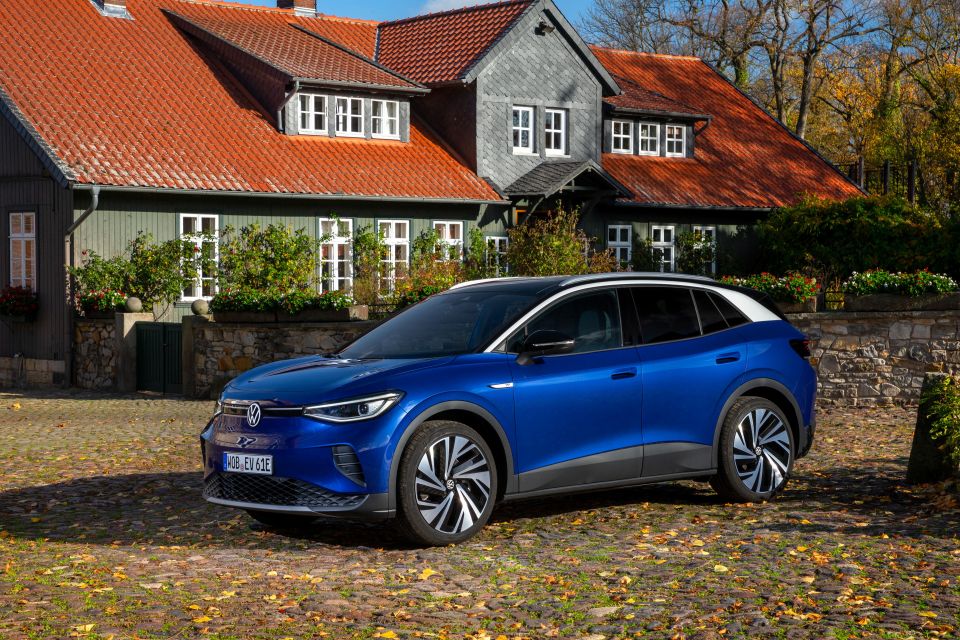
The company says it’ll be the market leader in EVs by 2025.
While the range of ID. models is rapidly expanding in markets like Europe, North America and China, we’re still waiting for a single ID. model here.
The ID.4 crossover is currently the first of the brand’s new electric vehicles headed to our market, though at this stage not until 2023 due to to our nation’s lack of CO2 targets and strong global demand.
Where expert car reviews meet expert car buying – CarExpert gives you trusted advice, personalised service and real savings on your next new car.
William Stopford is an automotive journalist with a passion for mainstream cars, automotive history and overseas auto markets.


William Stopford
10 Minutes Ago
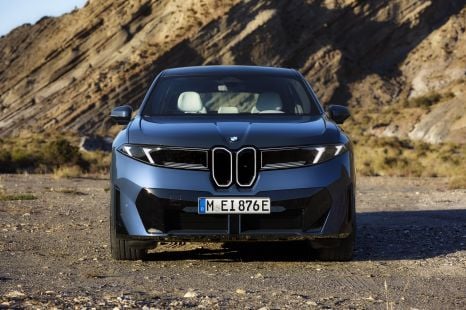

William Stopford
16 Hours Ago
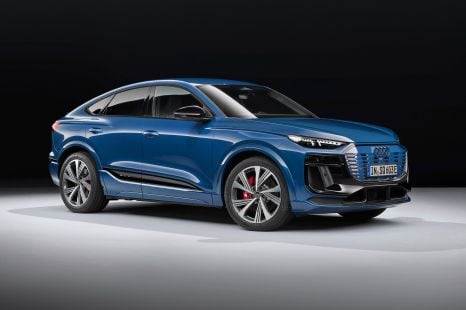

William Stopford
16 Hours Ago
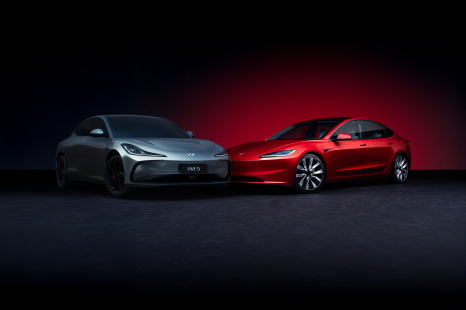

Andrew Maclean
17 Hours Ago
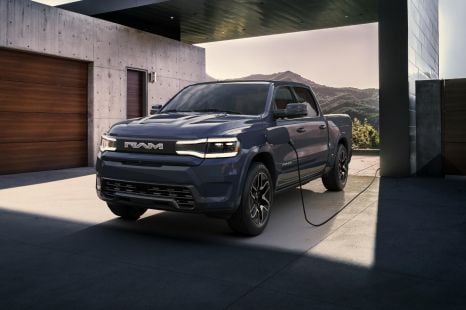

Derek Fung
17 Hours Ago
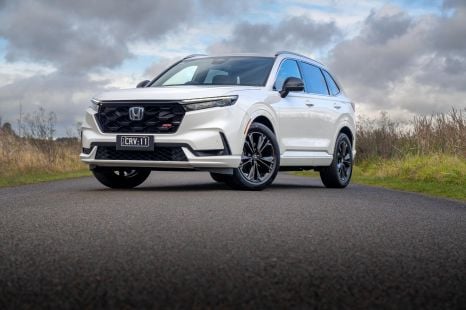

Andrew Maclean
17 Hours Ago